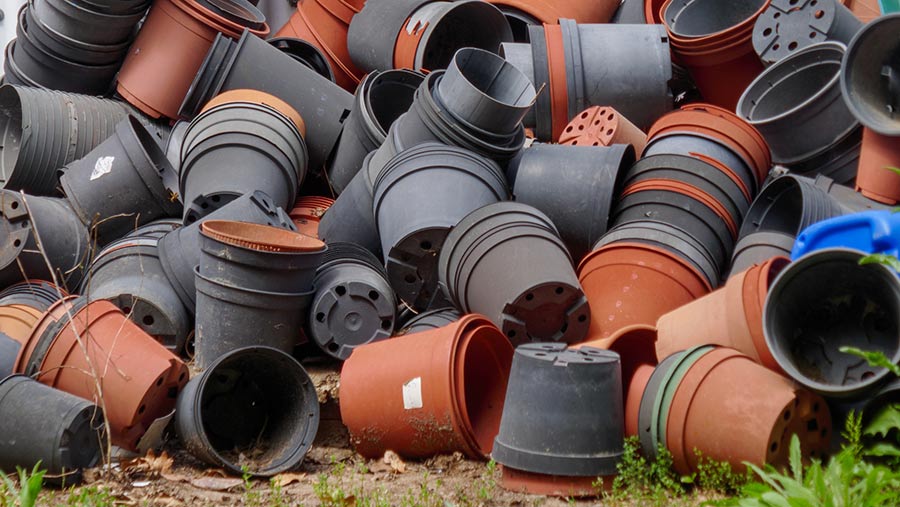Opinion: Rethinking the plastic problem from the ground up
 © Andrea/Adobe Stock
© Andrea/Adobe Stock Having got all excited the other day about the 280 new options for Countryside Stewardship Plus, I found myself re-examining the now rather bog-standard Sustainable Farming Incentive (SFI) agreement I signed up to on a whim last autumn.
Like so many things, we’re occasionally in the slightly absurd situation that we’re keener on the rules than the people who wrote them.
The SFI offering may have looked like peanuts, but we were doing the things they wanted anyway, so I signed up.
See also: Opinion: hold tight for another rollercoaster in 2023
I have a particular passion for adding organic matter to soils – chiefly because I haven’t got much in the first place.
A few miles down the road is a large recycling business, composting green waste from across east Devon.
My landlords have a long-standing prohibition on the use of municipal compost due to their concerns about plastic contamination.
I persuaded them to let me try 100t, hoping things would be much better than in the old days, now that it is PAS 100 certified and approved by all reputable organic bodies.
However, PAS 100 compost is still allowed to have a very low level of plastic in it. Some firms clean it much further and sell the resulting premium product to landscapers, but on a farm scale it is uneconomic to do this.
So, on balance, we decided to go no further with it.
I started thinking that I have a problem, and a solution, both at a personal and a wider level.
I need to raise organic matter to nurture my crops and earn my pittance from the SFI, and I can do so by disposing of gardeners’ waste and sequestering their carbon into the bargain.
It is almost as if half of Exeter have chosen to harvest sunlight for me and, in return, I’m providing a public good and helping with climate change.
The only thing standing in the way is the damn plastic.
If we have cameras that can recognise car number plates, if we have grain-colour sorters capable of detecting and removing a single discoloured grain in a conveyor, surely something should be able to get rid of the wretched plastic.
But perhaps I was going about it all wrong. Surely the answer lies in stopping the contamination getting in there in the first place?
Years ago, I remember staying with a German friend on his home turf, and the epic disaster that occurred when some vegetable scraps were accidentally thrown into the wrong wheelie bin.
The entire contents were upended on the garage floor while we picked through and removed every carrot peeling, such is their terror of the Munster recycling police and the harsh penalties they dish out.
I’m not suggesting that deploying the bin Stasi here would be popular, but clearly education has not worked.
Our farm hosted a potentially constructive discussion about this issue with my landlords and the local NFU advisers recently.
One suggestion was to rope in a retired rock star, as we all know they have a tendency to get involved in farming issues and tune their fanbases in to their prejudices.
Maybe one of them is even reading this? Not too cosmetically altered, authentically plastic-free celebrities, please get in touch.

